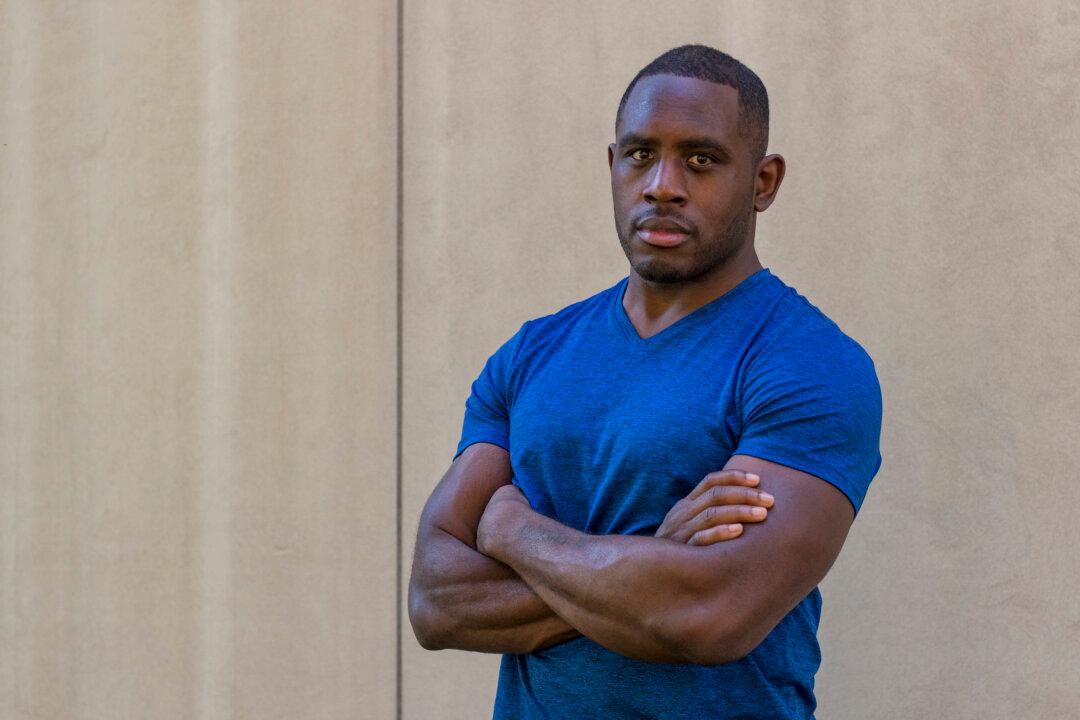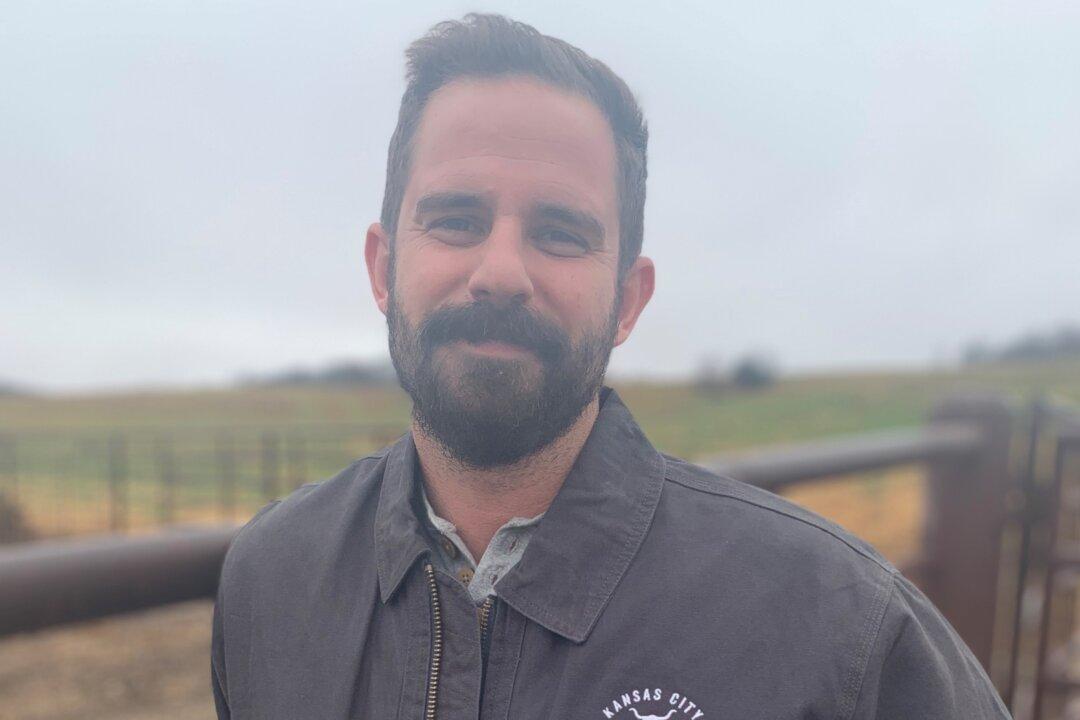When Christopher Zoukis entered federal prison in 2006, he had no idea what to expect.
However, he adapted to his new environment and spent his time pursuing higher education. He even used his time to write and publish practical books about what to expect in prison, how to navigate life behind bars, and how inmates can access higher education.






